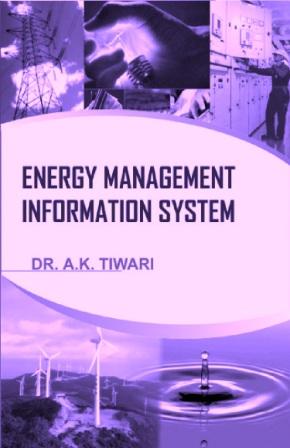|

This author during the course of his research work carried out energy audit in various Industries in order to assess
energy performance and identify energy saving opportunities. Further the energy analysis techniques were used to identify
periods of different electricity consumption patterns and to quantify costs of these changes. The book details the research
tools and technologies available for incorporating smaller, clean, more efficient energy-saving technologies into industrial
energy management plan. He thoroughly examines the role of ENERGY SMART STANDARD in reducing operating costs and developing
more innovative and practical approaches to energy management, including implementing alternative energy programs, monitoring
rates and policy, managing power quality, exploring cost-effective power generation solutions, utilizing cost-effective energy
services, benefiting from information monitoring and diagnostic systems, assessing energy storage options, integrating lighting
and cooling systems, and more.
This book acts as a reference book for research students of Operation Management, Energy System Engineering, Energy Economics,
Energy Management and Public Systems Management. This can be also of use by Consultants, Energy Auditors and Energy managers,
NGOs, Energy Producing and Refining Companies, Electricity Supply Organizations as well as Energy Consuming Industries.
|
 |

The contents of the book are aimed to help (a) Postgraduate and research students in energy management, energy
systems, energy technology, energy economics and MIS (b) the practicing engineers and energy managers to reinforce on the
concepts and to enable them to take up the design and implementation of EMIS. To this effect, the book will be of direct use
to engineers in industry and energy managers. The materials covered are- (a) concept of energy, Energy Demand and Price Forecasting
, global energy crisis and energy security (b) all aspects of energy management , energy economics , Energy Conservation Act,
Electricity Markets and energy audit (c) basic principles of EMIS , Energy Monitoring and Energy Data Analysis (d) Practical
implementation of EMIS , Effective Energy Reporting and energy management softwares .
|
